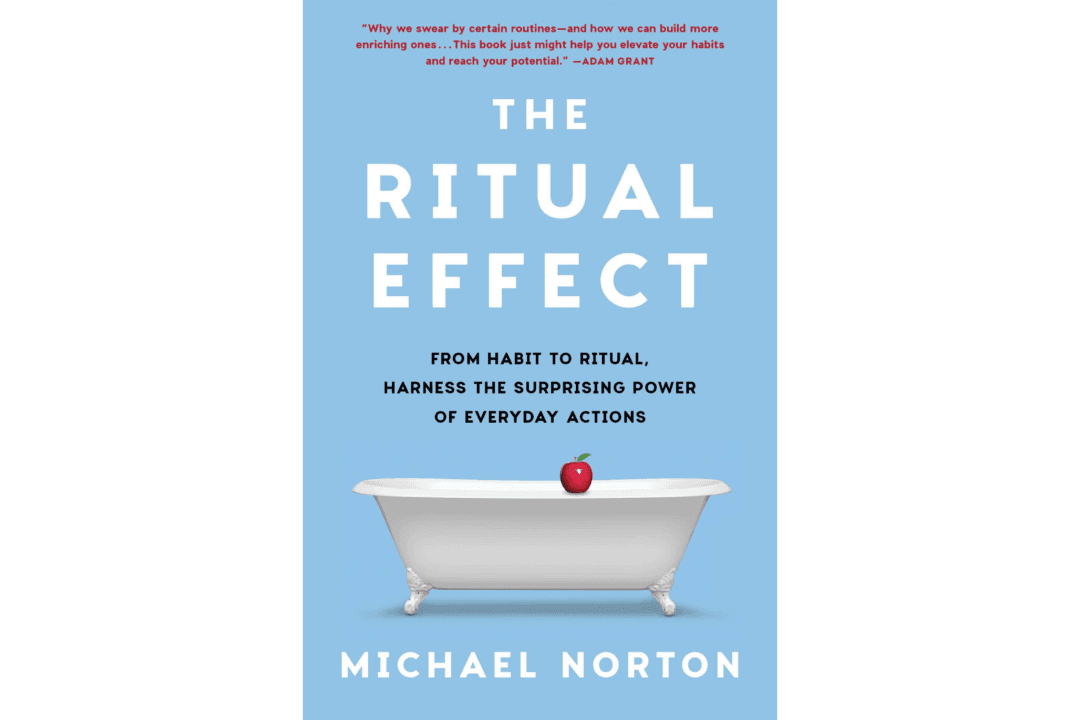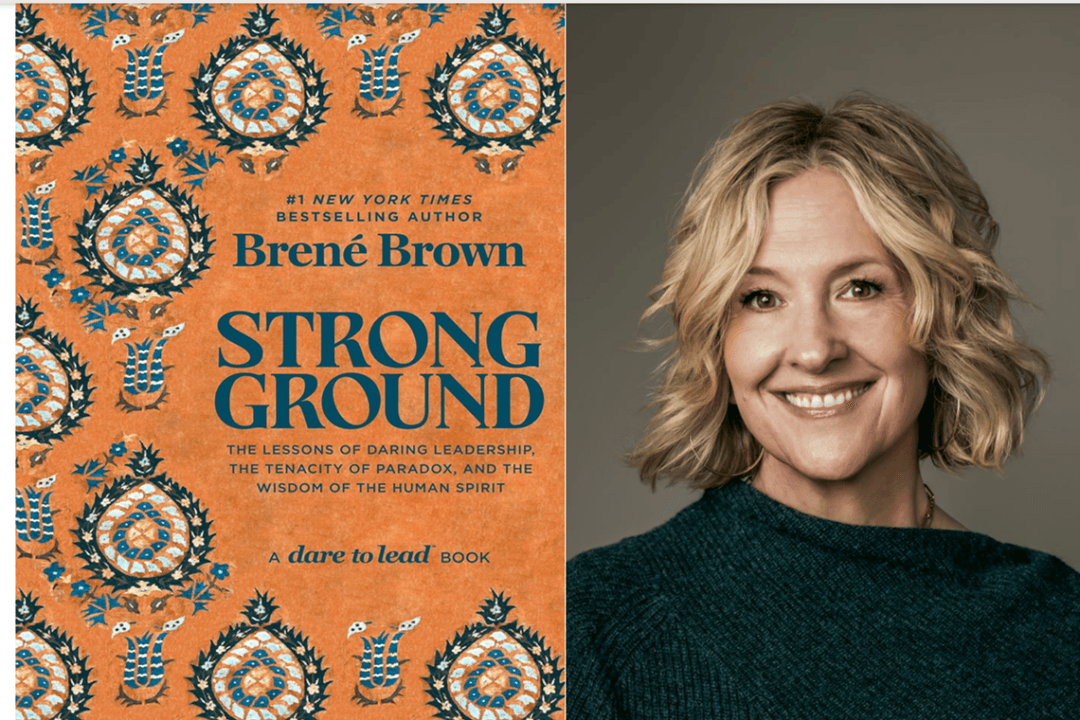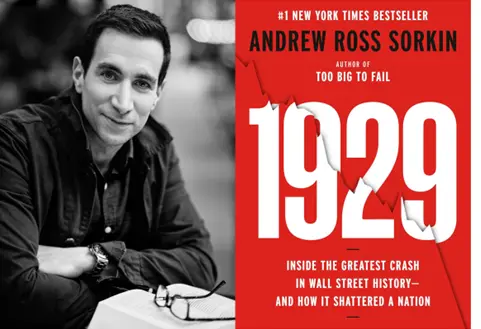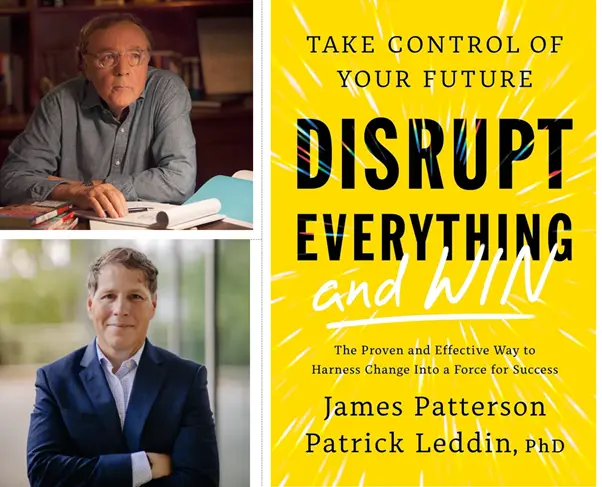Serena Williams bounces the tennis ball five times before her first serve, two times before her second. A famous soccer player only steps onto the field with his right foot. And one of the greatest pianists in the world was only able to relax before going on stage when he had his small pink plastic lobster in his pocket.
These are rituals, says author Michael Norton in “The Ritual Effect: From Habit to Ritual, Harness the Surprising Power of Everyday Actions,” which he defines as having more meaning than, say, everyday toothbrushing. These actions have the power to balance our mindset, allow us to start a big game, step onto a stage or, in the case of the New England Patriots, move on after a tough loss to a rival team.





